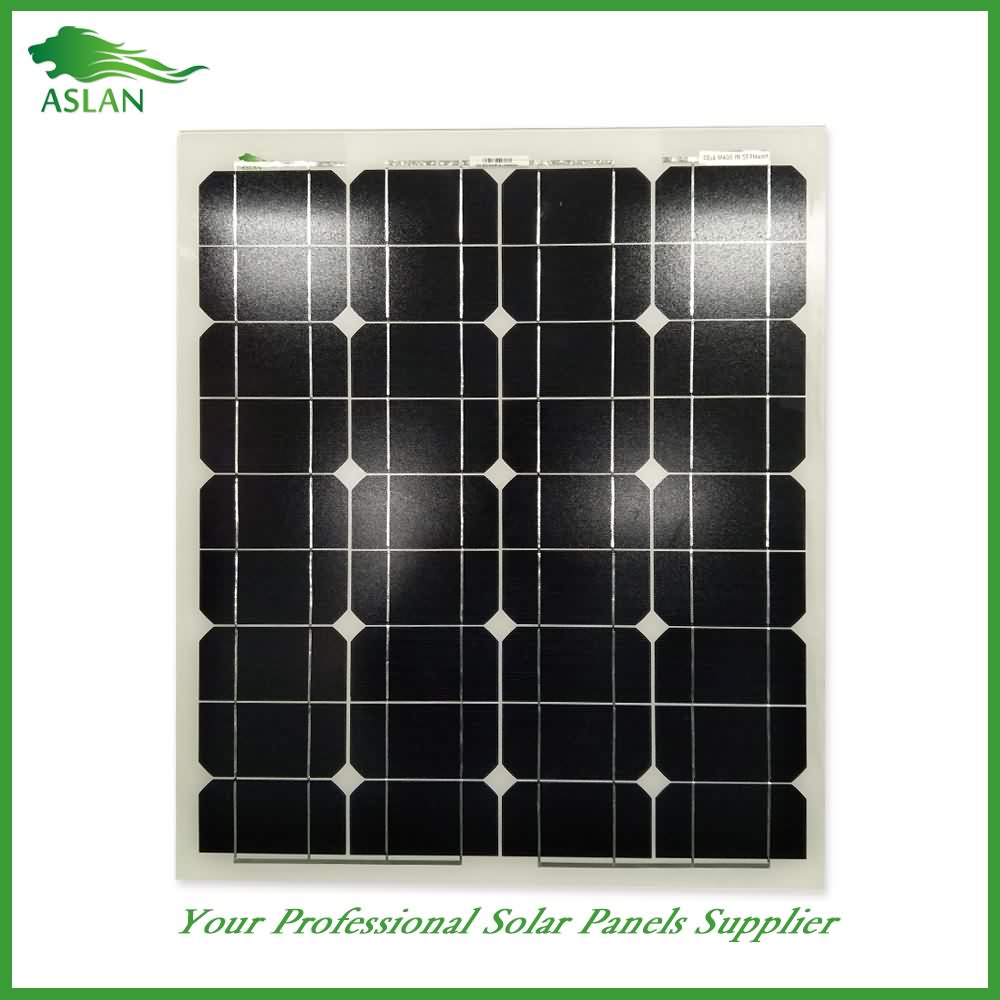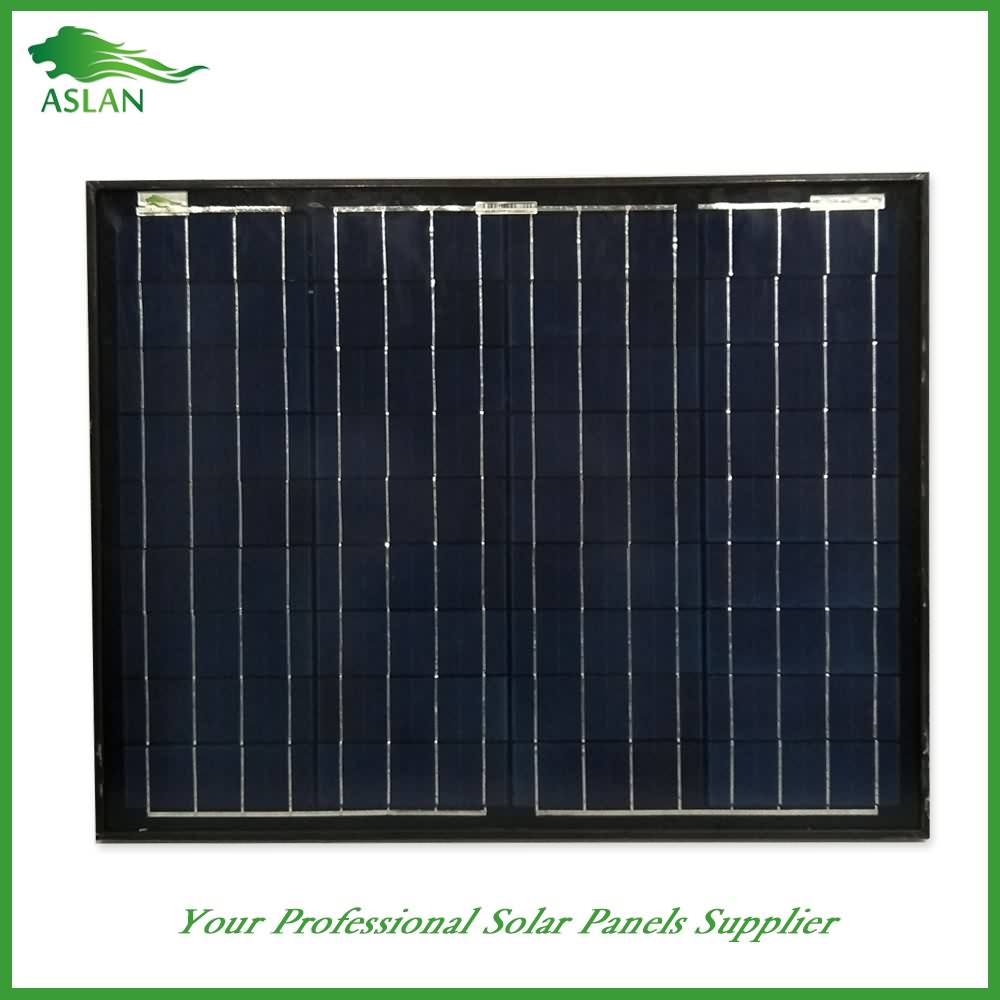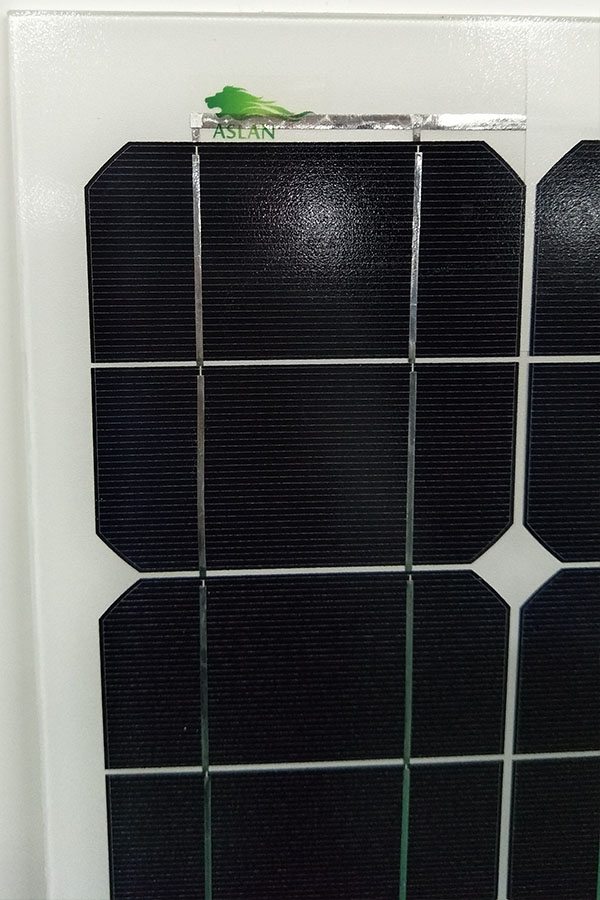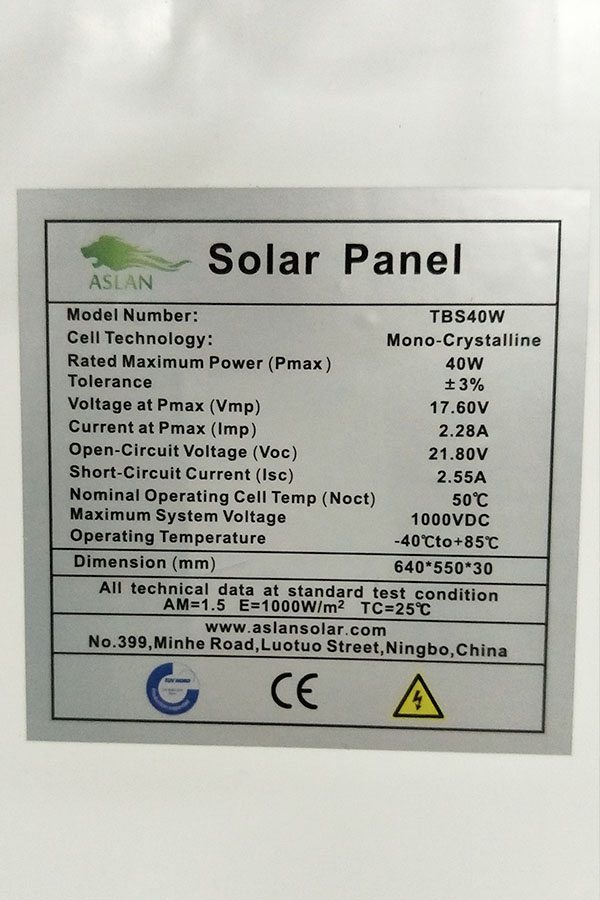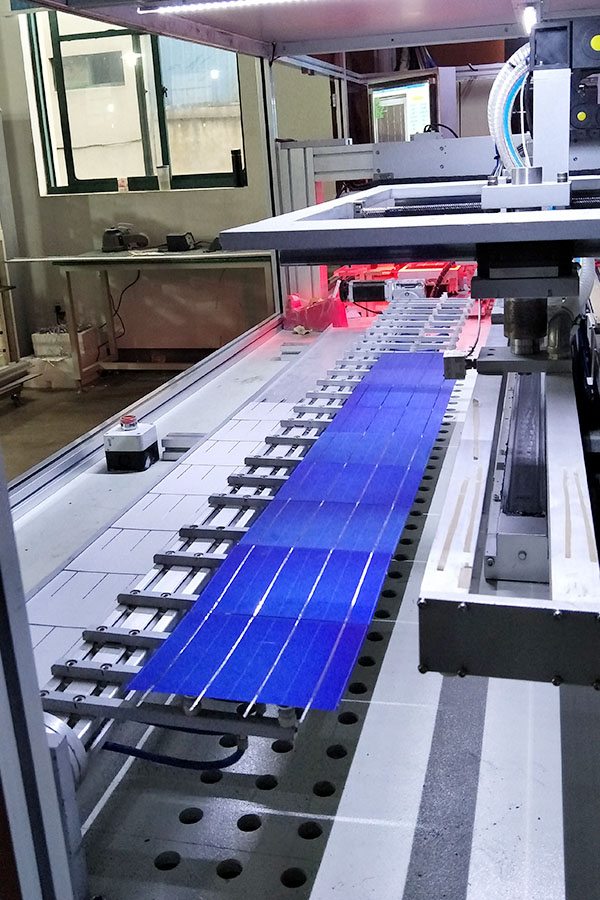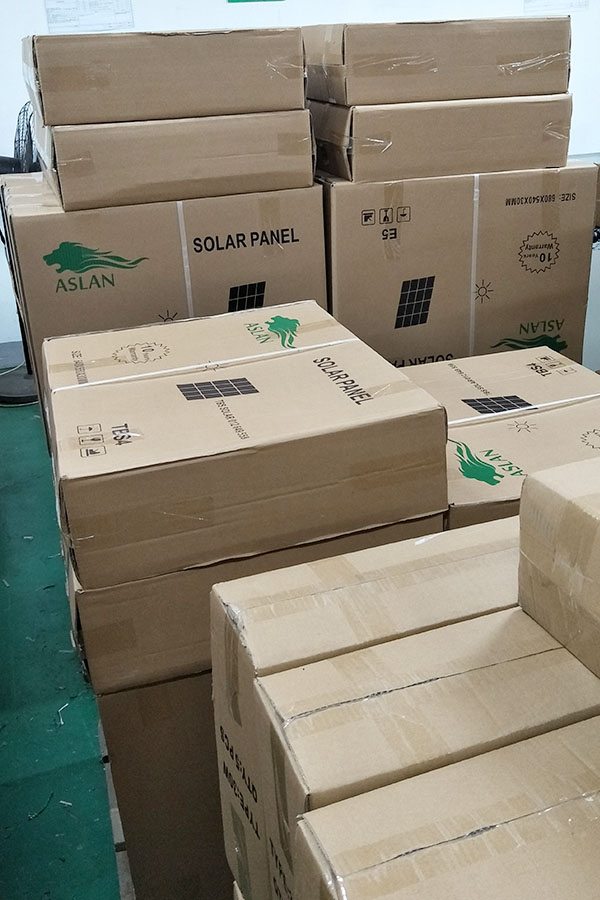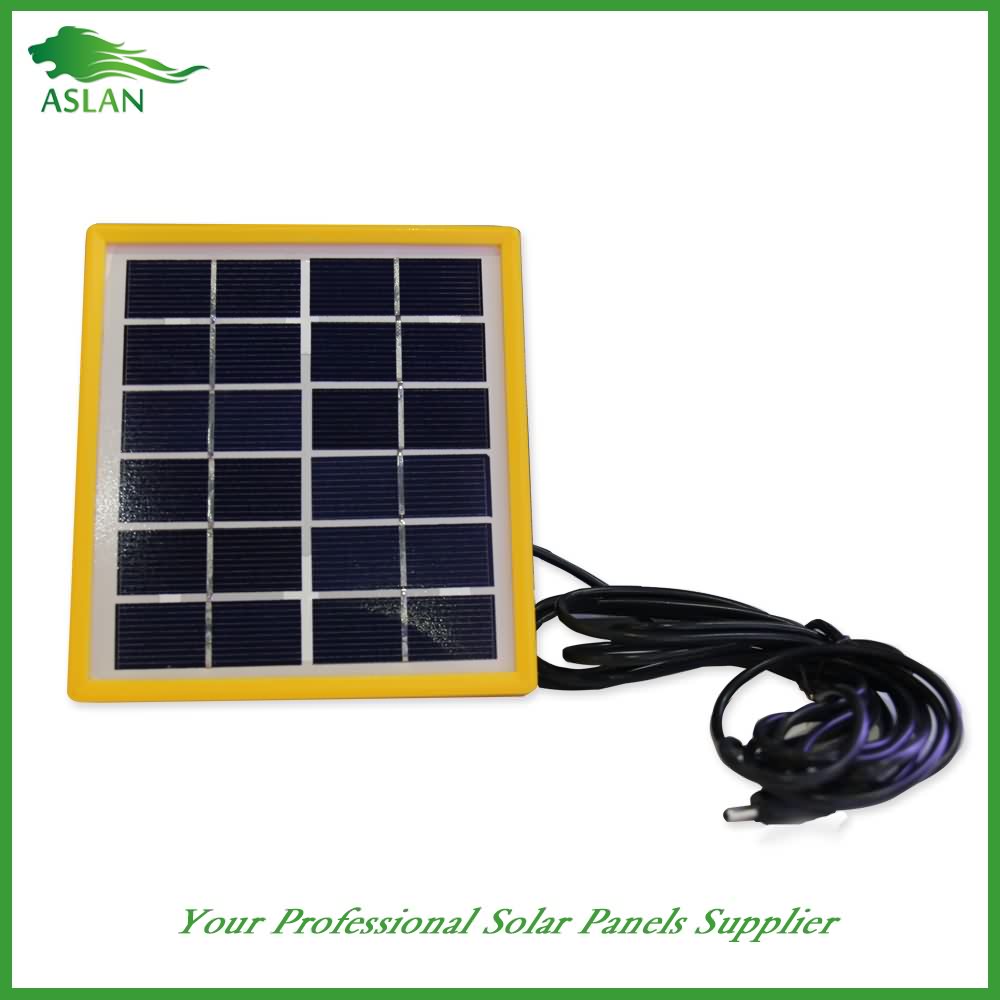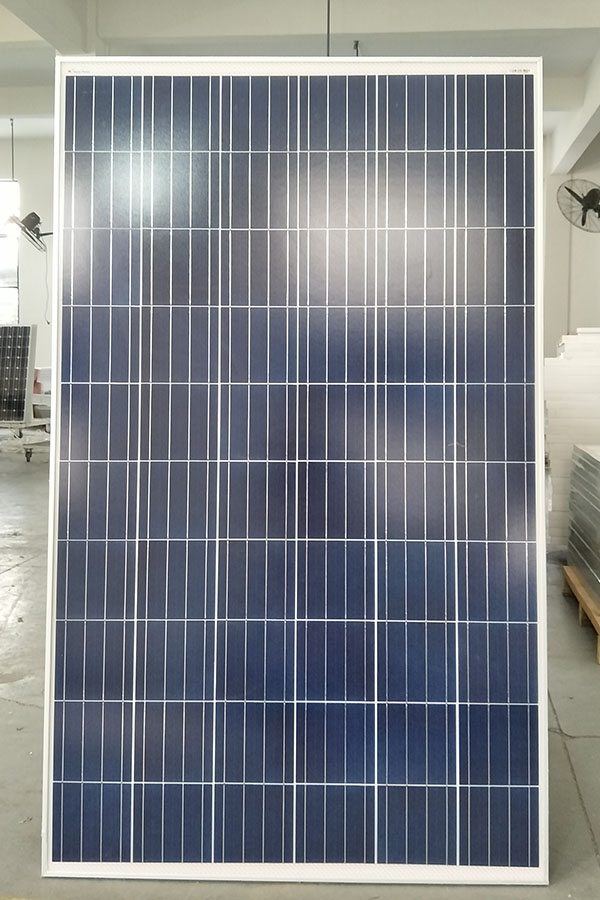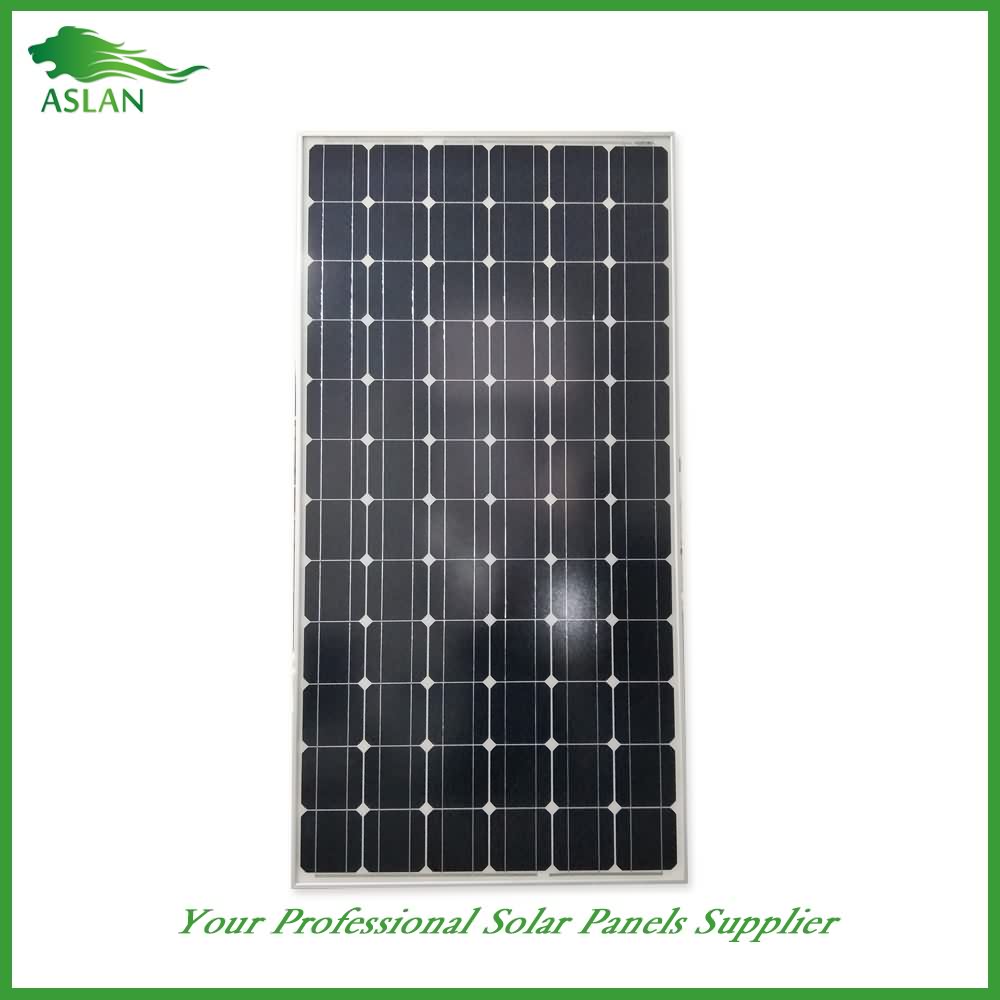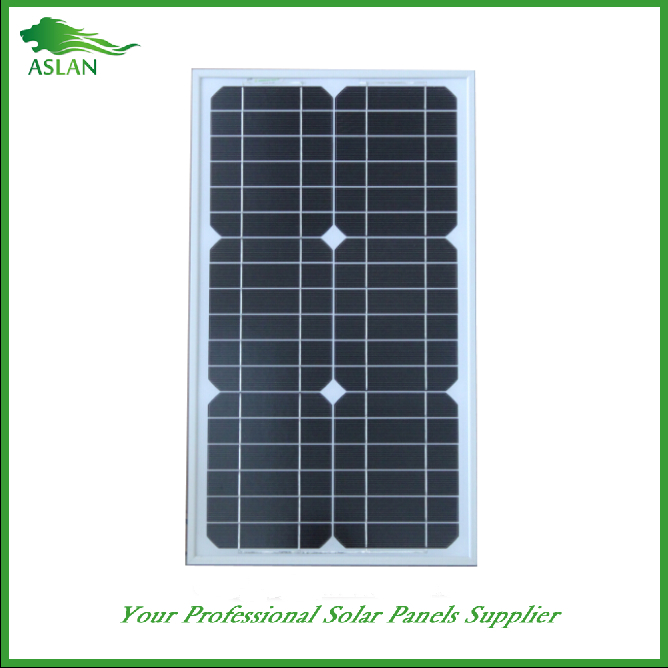Factory made hot-sale Mono-Crystalline 40W Solar Panel for Burundi Factories
Short Description:
The company keeps to the operation concept "scientific management, high quality and efficiency primacy, customer supreme for Factory made hot-sale Mono-Crystalline 40W Solar Panel for Burundi Factories, We are confident to make great achievements in the future. We are looking forward to becoming one of your most reliable suppliers.
Mono-Crystalline 40W Solar Panel
Technical parameter
Maximum Power(W) 40W
Optimum Power Voltage(Vmp) 18.21V
Optimum Operating Current(Imp) 2.20A
Open Circuit Voltage(Voc) 21.83V
Short Circuit Current(Isc) 2.40A
Mechanical Characteristics
Cell Type Mono-crystalline 125×62.5mm
No of Cell 36 (4x9pcs)
Dimensions 636x554x25mm
Weight 4.2Kg
Front Glass 3.5mm,High Transmission, Low Iron,Tempered Glass
Junction box IP65 Rated
Output Cable TUV 1×4.0mm2/UL12AWG,Length:900mm
Temperature and Coefficients
Operating Temperature(°C): -40°C ~ + 85°C
Maximum System Voltage: 600V(UL)/1000V(IEC) DC
Maximum Rated Current Series: 15A
Temperature Coefficients of Pmax: -0.47%
Temperature Coefficients of Voc: -0.389%
Temperature Coefficients of Isc: 0.057%
Nominal Operationg Cell Temperature (NOCT): 47+/-2°C
Materials of solar panel
1).Solar Cell——Mono-crystalline solar cell 125*62.5mm
2).Front Glass——-3.2mm, high transmission, low iron, tempered glass
3).EVA——-excellent anti-aging EVA
4).TPT——-TPT hot seal made of flame resistance
5).Frame——anodized aluminum profile
6).Junction Box——-IP65 rated, high quality, with diode protection
Superiority: high quality anodized aluminum frame, high efficiency long life, easy installation, strong wind resistance, strong hail resistance.
Features
1. High cell efficiency with quality silicon materials for long term output stability
2. Strictly quality control ensure the stability and reliability, totally 23 QC procedures
3. High transmittance low iron tempered glass with enhanced stiffness and impact resistance
4. Both Poly-crystalline and Mono-crystalline
5. Excellent performance in harsh weather
6. Outstanding electrical performance under high temperature and low irradiance
Quality assurance testing
Thermal cycling test
Thermal shock test
Thermal/Freezing and high humidity cycling test
Electrical isolation test
Hail impact test
Mechanical, wind and twist loading test
Salt mist test
Light and water-exposure test
Moist carbon dioxide/sulphur dioxide
HELLO! frnds mai aaj es video mai batane vala hoo ki solar fan kaise banate hai.
muze ummid hai ki apko ye video pasand ayega
agar apko ye video pasan ayega to jarur ese LIKE, SHARE, SUBSCRIBE kare
Thank U……..
Spiitz doesn’t mess around. Due diligence was exerted in researching and sourcing the highest quality material at the lowest possible price. We collaborated electronically over the weeks leading up to the build with Spiitz driving the design and me providing relevant links and technical advice.
Spiitz had everything we needed on hand except a few weatherproof electrical boxes and some odds and ends I brought along from my shop. He chose high density Tri-Chip High Output strip 300 LED elements per 5 meter length. Each LED element has three diodes, Red, Green, and Blue. 4 conductor ribbon wire is standard for installation.
Testing revealed a substantial impedance over 60 foot of 22 gauge ribbon wire (1.1 ohm) that resulted in a substantial difference in light output. Due to the construction and amp requirements of a 5 meter strip of 300 LED material a loop back to the controller is recommended every 5 meters.
One run of lighting needed to be an uninterrupted strip of 23 feet. To minimize and balance impedance we located the controller in the physical center of our lighting below the deck and used 18 gauge multiconductor wire from the controller to weatherproof boxes. We then used terminal blocks to make the connection to pairs of ribbon wires run up through the deck. We powered the 23 foot strip from each end to ensure even lighting,
No details were left unattended, every lead was tinned, every connection covered in heat shrink. On first power every LED lit simultaneously as we had expected. Lighting was perfectly even throughout.
The strips install into a tiny aluminum extrusion set into a dado channel made on my table saw. It would have been impossible to run these 16 foot 2 x 8 pressure treated rails through my little saw without Spiitz expertly tailing the long end of the lumber. Every step of the way Spiitz was there soaking up the process and putting his rather large collection of tools to use.
And without the hospitality extended by his Wife, I would have been sleeping under that deck. I hope you guys enjoyed the video. Sub Like Share
